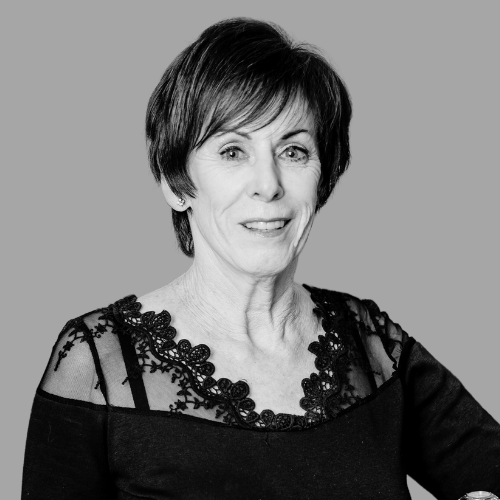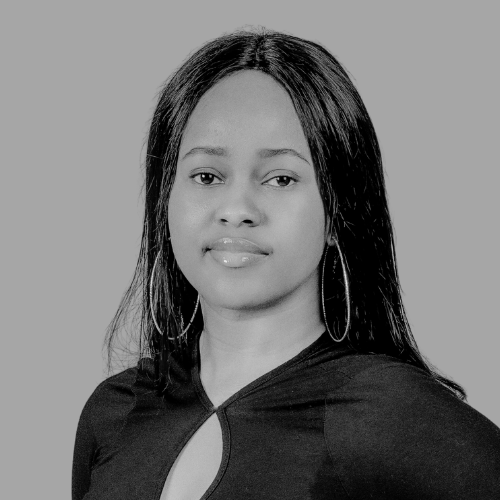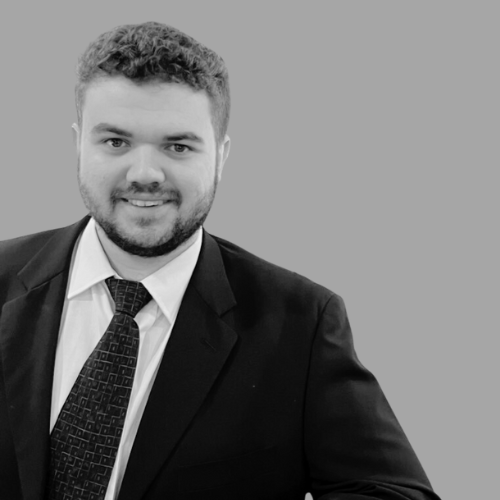As private wealth managers, we focus on every financial aspect of a client’s life to ensure a successful outcome of growth in a client’s wealth-building journey, but a vital aspect of this process that should not be missed is the discussion of a client’s will. In this article we touch on the basics of what a Will is, what makes it valid as well as what happens if your children are not able to make financial decisions for themselves and how a will can be a resolution to that problem.
The Wills and the Woes
Imagine working hard your whole life, building up assets, securing your family’s future—only for it all to be decided by our government on who’s to inherit it when you’re gone.
The law of intestate succession will come into effect when a South African resident passes away without leaving a valid Will.
What is a Will?
In our South African law, a Will is a powerful, legal document that ensures your estate is distributed exactly as you wish after passing. It allows you (the testator/testatrix) to choose your beneficiaries, appoint a designated executor to manage and wind up your estate, and it enables you to include any last wishes. You may also stipulate who will look after your beloved pets, your wishes at your funeral, and if you would like to be cremated.
As mentioned, without a Will, your assets are divided according to intestate succession laws, which might not reflect what you wanted. The Wills Act 7 of 1953 lays down the rules for drafting a legally valid Will, ensuring your estate is handled smoothly.
What makes a Will valid?
First, it must be in writing—whether typed or handwritten. The testator/testatrix must sign it on each page in the presence of two competent witnesses, who must also sign – but cannot be beneficiaries.
It’s crucial to update it after significant life events such as marriage, divorce, having children, or acquiring significant assets to ensure your will remains relevant. Life changes, and so should your Will.
The best way to protect your legacy and prevent unnecessary family disputes is by having a valid Will in place.
Why Having a Will is a Necessity to Succession to a Family’s Wealth:
- You’re in Control – Because all assets are within your estate, you have agency via a valid will to stipulate where your assets go and to whom exactly you want them to go, rather than being distributed according to generic intestate laws.
- Protect Your Loved Ones – A Will allows you to provide for your spouse, children, and dependents, ensuring they are financially secure. You are also able to set up trusts for minors or vulnerable family members who might need extra support.
- Prevent Family Feuds – Without a clear plan, disagreements over inheritance can become ugly. A Will helps avoid conflict and costly legal battles, keeping your family relationships intact and the flow of family wealth to ensue according to your wishes.
- Choose Your Executor – You get to appoint a trusted person or institution to manage your estate efficiently, preventing unnecessary delays and ensuring your final wishes are carried out properly. Be cautious of nominating someone who has never wound up an estate
- Save on Taxes – A well-structured Will, especially when combined with expert estate planning, can reduce estate duties and taxes, preserving more of your wealth for your
At the end of the day, having a Will isn’t just about paperwork—it’s about peace of mind. Make your wishes crystal clear by having a valid will in place!
Living Will
Estate planning is a key cornerstone when it comes to financial planning. A valid Will (probably one of the most important documents you are ever likely to sign) helps you distribute your assets to your heirs and beneficiaries according to your last wishes when you are no longer around.
A living will compliment a Will. A Living Will is a legal document that outlines a person’s preference for medical treatment in situations where they are still alive but unable to communicate their medical wishes due to illness, injury or incapacity. It typically addresses end- of-life care and can specify whether the individual wants certain life-sustaining measures (i.e. resuscitation, mechanical ventilation, artificial nutrition, etc.) to be used or withheld.
The purpose is a Living Will is to guide healthcare professionals and family members in making decisions that align with the person’s values and desires. A Living Will often comes into play in cases of terminal illness, coma or severe dementia.
Without a Living Will, you may be subject to aggressive medical intervention, which you may not want to have, or you may have a specific medical condition for which you do not want to avail treatment. Both scenarios could also lead to huge unplanned medical bills (even if you have medical aid).
If one assumes eventual death, these unplanned medical costs could lead to complications and delays in the winding up of the deceased’s estate if there is no liquidity (cash) in the estate to settle any outstanding medical bills. For this exact reason, we advise that everyone from the age of 18 should have a Living Will in place.
Thinking about your end-of-life choices today can improve your quality of life in the future and ease the financial and emotional burden on your family. Discussing your wishes with your loved ones and having a Living Will in place offers the best assurance that decisions regarding your future medical care will reflect your own vales and desires.
Power of Attorney
This leads us to another topic around the concept of an enduring Power of Attorney. This is a legal document where you appoint someone to make decisions for you if you become incapacitated (either mentally or physically). An enduring Power of Attorney is great concept and ties in with the topic of a Living Will however, the South African Legal framework does not provide for the concept of an enduring Power of Attorney. So, what is the solution for South Africans? It’s not great, but there is a solution.
Let’s start with the two different Power of Attorney available in South Africa:
- General power of attorney: Applicable for people who are no longer able to deal with their day-to-day affairs either due to old age or being bedridden
- Special power of attorney: Deals with legal and financial decisions such as those around their investments
Both legal documents are great, however, the issue is that both legal documents lapse when the person is no longer able to revoke it (i.e. no longer of sound mind).
So, what options are available to South Africans to look after the financial affairs and the physical well-being of an incapacitated person? South African’s have two options:
- Apply to the Master of the High Court to be appointed as The individual applying to be Curator must be over 18 years old. The application process is costly and lengthy. The process is expensive because one will need to hire an advocate to bring an application to the high court.
- Apply to the Master’s Office to be appointed as an Administrator: Once again the individual applying to be administrator must be over 18 years old. The person to be placed under administration must be diagnosed with a mental illness by a mental health care practitioner or must suffer from a sever or profound intellectual disability. The application to the Master’s office is less formal and more affordable.
Interestingly, the Fiduciary Institute of South Africa (FISA) published a draft legislation in 2004 for the introduction of Ensuring Power of Attorneys in South Africa. However, nobody knows where the document has disappeared too. The institute has expressed that ‘we desperately need legislation to introduce enduring power of attorney in SA…we already have good draft legislation. It is a travesty that nothing has happened in all these years since it was published.’
We hope you find this article useful and insightful.
Contact Courtney or Robert for assistance on drafting or updating your Will and Living Will.


